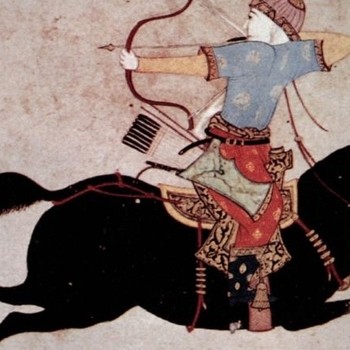What is the function of the atrioventricular node?
2 Answers
The AtrioVentricular node (AV node) is one of the major parts of the cardiac electrical conduction system, which controls heart rate and rhythm.
Explanation:
The AV node is part of the electrical conduction system of the heart that coordinates the top of the heart. It electrically connects the right atrium and right ventricle. This system generates electrical impulses and conducts them through out the heart, stimulating the heart to contract and pump blood.
It serves as an electrical relay station that slows the current before the signal passes to the lower chambers. This delay in the cardiac pulse is extremely important as it ensures that the atria have ejected their blood into the ventricles first before the ventricles contract.
A property unique to the AV node is decremental conduction, in which the more frequently the node is stimulated the slower it conducts. This prevents rapid conduction to the ventricle in cases of rapid atrial rhythms such as atrial fibrillation or atrial flutter.
Muscle contraction and electrical connection.
Explanation:
The AV node allows the electrical impulse from the sinoatrial node ( SA ) to pass across; its conduction speed is delayed, slow.
It triggers the cardiac muscles to contract and electrically connects the right atrium and right ventricle.


